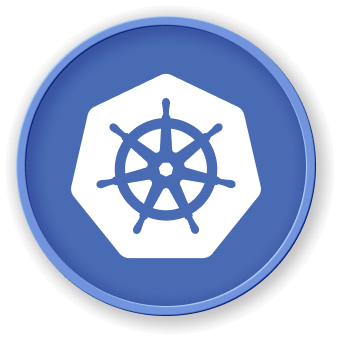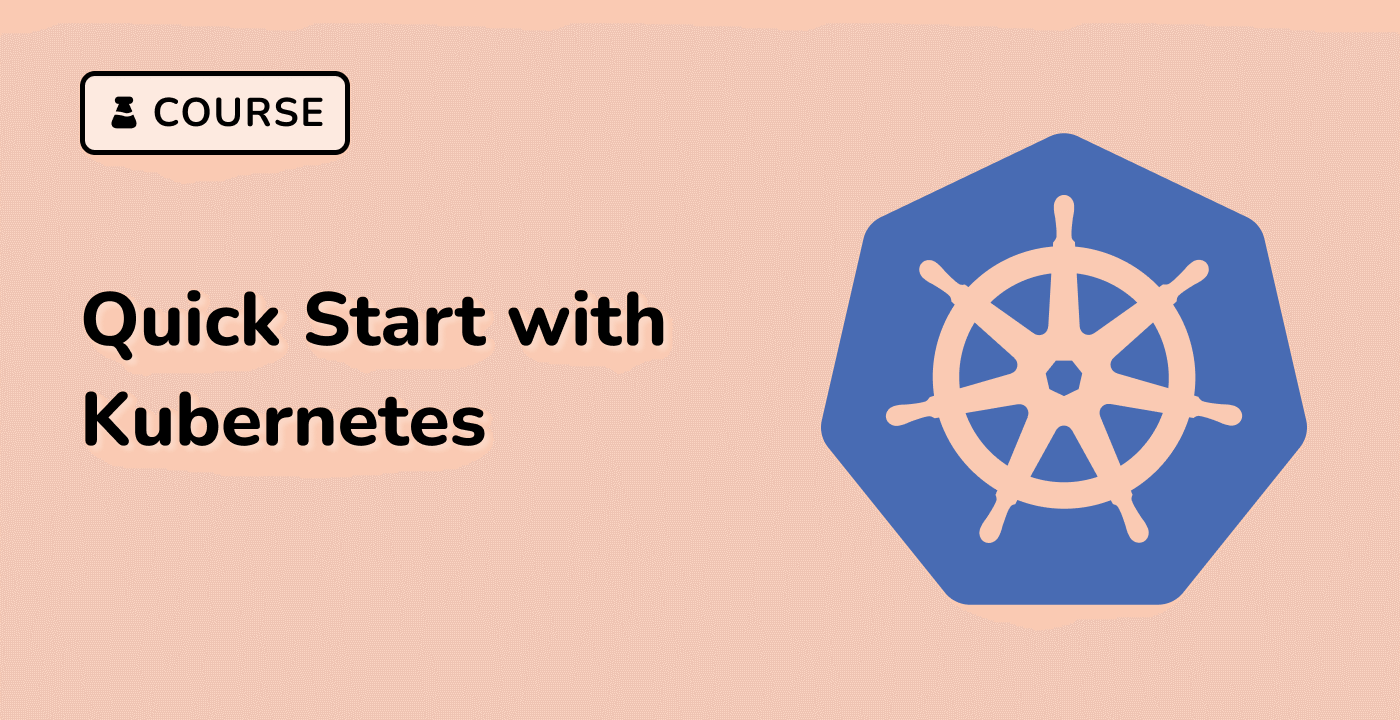Introduction
Understanding and displaying Kubernetes version data is crucial for system administrators and developers working with container orchestration. This tutorial provides comprehensive guidance on retrieving, analyzing, and managing version information across Kubernetes clusters, helping professionals maintain accurate infrastructure insights and ensure compatibility.


